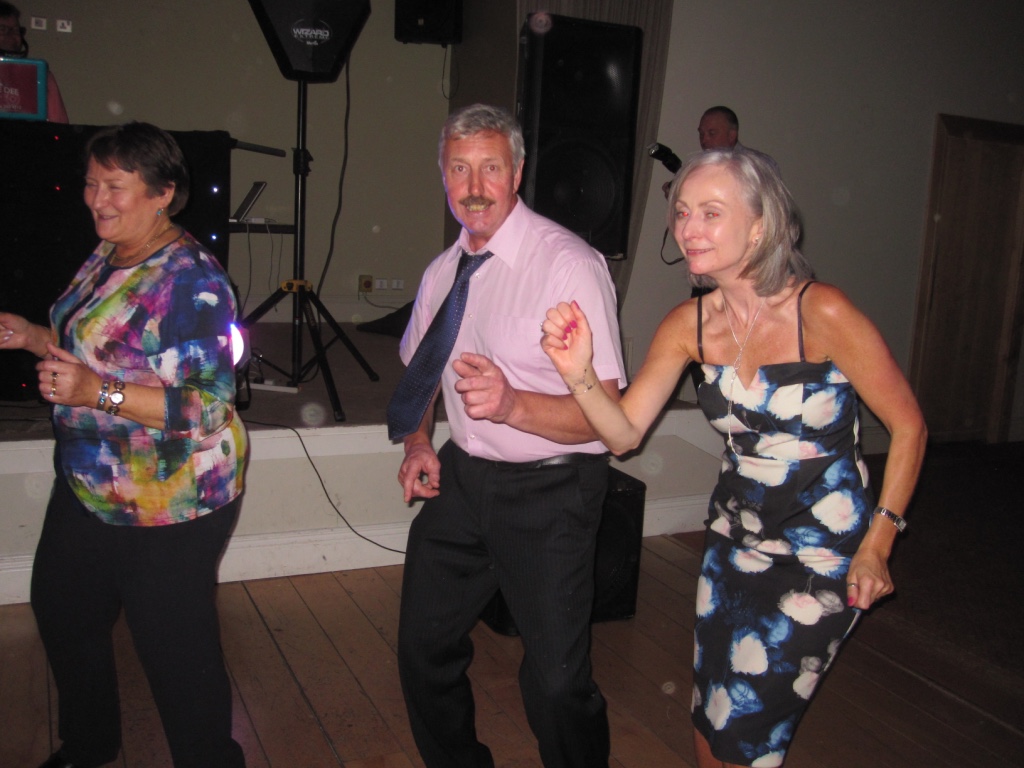What happens when you have a concussion? Symptoms, diagnoses, treatments
A concussion is a traumatic brain injury after a whiplash-type injury that causes your head and brain to shake quickly back and forth. It is a complex process in which forces are transmitted to the brain and result in temporary impairment of brain function. A concussion can have a significant impact on the short and long term health of a player if not managed correctly. There is no such thing as a minor concussion.
Facts and Figures
- Up to 10% of athletes will experience a concussion in any given sport season.
- Horse Racing has the highest rate of concussion followed by boxing, with rugby and Australian football a close third and fourth
- 78% of concussions occur during games as opposed to training
- Speed impact – Professional boxers punch 20mph, Soccer ball being headed by a player 70mph
- Research suggests adolescent brains may be more susceptible to concussion studies have shown that the adolescent brain may recover more slowly following a concussion.
- Rugby is the first sport to allow removal of players from the field of play for a comprehensive assessment of concussion – this is the HIA (head injury assessment). Baseline testing pre-season increases the efficacy of psychometric testing. Psychometric testing may be computerised or use SCAT 3.
How do I know if I have a concussion? Signs and symptoms
• Seizure or convulsion
• Balance problems
• Nausea or vomiting
• Drowsiness
• Fatigue or low energy
• Headache
• Dizziness
• Blurred vision
Why must concussion be taken seriously?
• Ignoring the signs and symptoms of concussion may result in a prolonged recovery period, more serious brain injury or in extreme cases in death.
• The potential for serious and prolonged injury emphasises the need for comprehensive medical assessment and follow up until the concussion has fully resolved.
• Returning to play before complete resolution of the concussion exposes the player to recurrent concussions that might take place with ever-decreasing forces.
• Repeat concussions could shorten a player’s career and may have some potential to result in permanent neurological impairment.
REFERENCES
1. Houses of the Oireachtas Joint Committee on Health and Children “Report on Concussion in Sport” December 2014.
2. Irish Rugby Football Union.
| For further information or to book an appointment with one of our Sports Medicine Physicians call +353 1 526 2030 or email sportsmedicine@sportssurgeryclinic.com |










